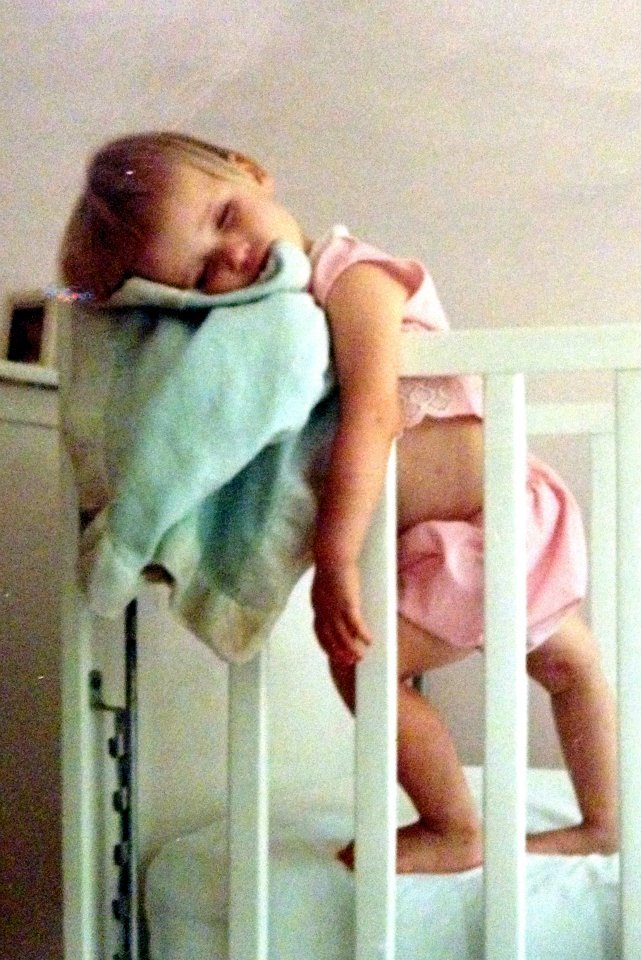power in words and pictures
Home--where the heart is and where it all begins
Home–where the heart is and where it all begins
“To bring up a child in the way he should go, travel that way yourself once in a while.” ― Josh Billings
Just because you have no children doesn’t mean you aren’t helping to raise a generation or two. I think of my friend who is a choir teacher–No children of her own yet she has had a profound impact on the lives of thousands of students. Somewhere along the way, she made a choice, choosing to celebrate the variety of people her students are instead of teaching them to conform to someone else’s definition of who they should be. Through careful attention to her own behaviors and words, my friend has done what many parents have not done, as they have continued to be the people they want to be regardless of what they are exposing their children to in both language and actions. Billings had it right. If you want kids to behave a certain way, you might try behaving that way yourself.
Fifty years ago, people were very unsure of where the world was headed. In the United States, especially in the south, “race relations” was a big issue talked about in many homes. As I’ve shared before, my father was from the north and my mother was from the west–sweet tea and bigotry never made their way to our dinner table, and for that I’m very thankful. Fifty years later, though, people are still unsure of where the world is headed as our skin, sex, political and spiritual differences are being highlighted daily. I suppose we haven’t made as much progress as we hoped in seeing beyond our differences to embrace our similarities: we are humans occupying the same space.
In a study in 1997, Katz and Kofkin found that when photos of faces were shown to babies age 6 – 18 months, it was the faces with skin unlike their own that babies looked at longer, apparently studying and taking in new information. They also found that by the time a child was 3, he/she would choose to play with children who looked like themselves–proof not of a prejudicial child but of a natural preference for what is familiar. What happens to change us from choosing to play with those who look like us to being prejudiced against those who look, sound, and live differently from us? In my opinion, it begins at home.
What children hear from their parents, or don’t hear, has a big impact on them. I don’t have all of the answers on how to talk to your children about people of other colors or faiths or lifestyles, but I’m certain of this: not talking about the existence of different kinds of people is the very first mistake. Afraid of saying something offensive, we might choose to simply say nothing, but we miss opportunities to teach our children important lessons when we remain silent. Children are so much wiser than many adults.
As dangerous as remaining silent is, choosing to speak with hate or ridicule is equally wrong. Do you make fun of people or attempt to say they are of less value, and do your children hear you? You know when your words are putting down people who are a different color or choose a different faith, political party, or lifestyle than yours. Stop it! If we want harmony, we have to allow it to be acceptable that people are different. Think about it!
Our skin color might be different, our beliefs might be different, our lifestyles might be different, and I wouldn’t want it any other way. I don’t want a world of people all like you or all like me. As my friend has been intentional in celebrating the differences in her students, we should try to travel that way in our own lives more often than not. It’s up to us, not ‘them’!
Sadly, some folks just need their own island.



